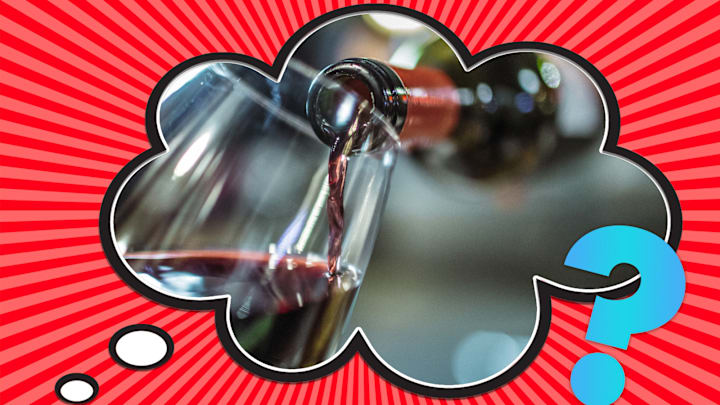Millions of people enjoy a glass of red wine with dinner and during other social occasions. But for others, it’s not such a relaxing practice. Some people complain of getting headaches when drinking red wine but not when imbibing other alcoholic beverages, and now science is beginning to understand why.
A new study from the University of California, Davis, and published in Scientific Reports explored a hypothesis that the trigger for headaches may be a flavanol found in red wine called quercetin, a naturally occurring antioxidant in many fruits and vegetables.
While antioxidants are generally considered beneficial, in this case the quercetin converts to quercetin glucuronide, which interferes with the body’s ability to metabolize alcohol. As a result, there’s a build-up of acetaldehyde, a toxin. This can result in headaches, nausea, and other symptoms.
So why do some people tend to get headaches while others don’t? It might have something to do with their ability to break down acetaldehyde naturally. Roughly 8 percent of the population is deficient in ALDH2, an enzyme that can disrupt the toxin. Quercetin further inhibits the enzyme, leading to symptoms.
Another possible explanation: the levels of quercetin in the wine. Grapes exposed to more sunlight tend to have more of it.
At present, this is just a hypothesis. UC Davis researchers plan on a small human trial study to examine how quercetin levels in wine influence headaches. If someone suffers from symptoms, they might have better luck with white wine, which typically contains far fewer flavanols.
[h/t CNN]
Have you got a Big Question you'd like us to answer? If so, let us know by emailing us at bigquestions@mentalfloss.com.
